Wondering what fertility treatment is best for PCOS? Discover effective options to enhance your chances of conceiving. Learn about treatments, lifestyle changes, and expert insights.
Understanding PCOS and Its Impact on Fertility

PCOS, also known as polycystic ovary syndrome, is a hormonal condition that affects women’s reproductive systems. It is characterized by irregular menstrual cycles, elevated levels of androgen hormones, and the development of small cysts on the ovaries. PCOS can lead to a range of health concerns, including difficulties with weight management, insulin resistance, and, most pertinent to our discussion, fertility issues.
One of the primary challenges posed by PCOS in terms of fertility is irregular ovulation or even lack thereof. The irregular release of eggs makes it harder for women with PCOS to conceive naturally. Furthermore, the hormonal imbalances associated with PCOS can hinder the implantation of a fertilized egg in the uterine lining, leading to an increased risk of miscarriages.
What Fertility Treatment is Best for PCOS?
The best fertility treatment for PCOS varies from person to person, as it depends on factors such as the severity of PCOS symptoms, overall health, and individual goals. Here are some of the most effective fertility treatment options for women with PCOS:
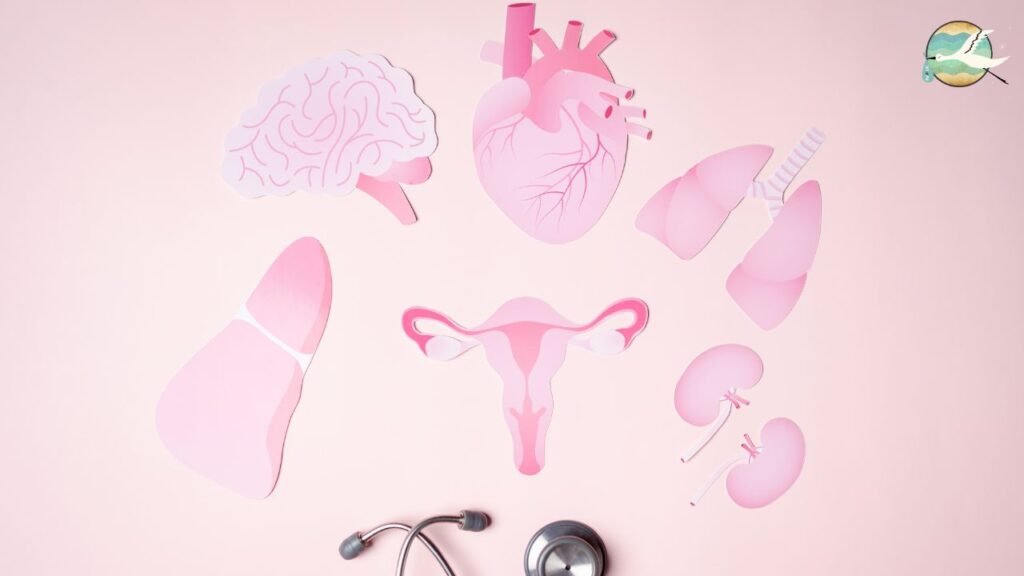
Lifestyle Modifications and Weight Management
PCOS patients who suffer from obesity are not all of them. One of the first steps in PCOS therapy is to work on implementing lifestyle modifications that can improve general health, such as selecting healthy foods, monitoring portion sizes, and fitting regular exercise into the daily schedule.
Prior to prescribing any kind of medicine for PCOS, your doctor might advise you to attempt decreasing weight. It is possible to reduce glucose levels and occasionally aid to trigger ovulation with a 6-month weight loss of as little as 5% of your body weight.
Ovulation Induction
In order to encourage ovaries to release eggs naturally, your doctor may prescribe certain drugs. These drugs include, for example:
Clomiphene: The most frequently prescribed drug for treating infertility in PCOS-affected women is this one. But using this drug raises your chance of having multiple pregnancies.
Metformin: When taken alone or with Clomiphene, this medicine, which is used to treat insulin resistance and diabetes, may aid in ovulation stimulation.
Letrozole: Follicle-stimulating hormone (FSH), which the body needs for ovulation, is produced more actively as a result of this medicine. It aims to correct PCOS’s underlying hormonal imbalance.
Gonadotrophin therapy, which involves administering hormones like FSH through injection, is another option your doctor might recommend for promoting ovulation. It can be expensive and requires regular monitoring to be effective. Your physician can advise a shot of gonadotropins in addition to an oral medicine like Clomiphene if other medications aren’t working.
In vitro fertilization
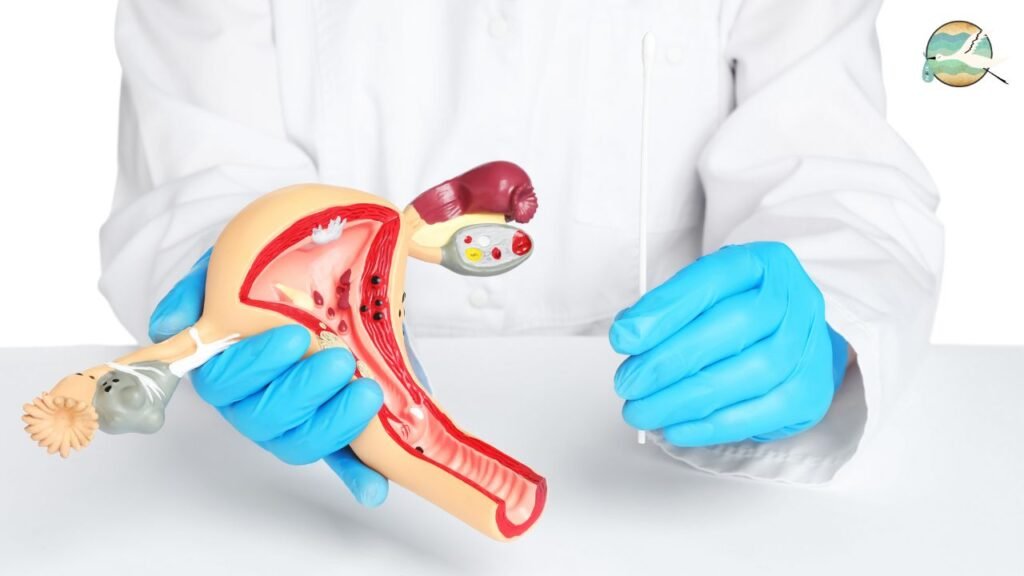
In vitro fertilization (IVF) is a different treatment option for PCOS-affected women whose fertility has not improved with existing techniques. To encourage the ovaries to produce mature eggs, injectable fertility medications are employed. In Petri dishes, eggs are collected and mixed with sperm. One or two fertilized eggs are inserted into the uterus after three to five days. To determine whether the medication was effective, a pregnancy test is performed after two weeks.
Mini IVF is a different choice with a low cost and little risk. The ovaries are only mildly stimulated during this course of treatment, and immature eggs are removed through a simple surgical operation and left to develop in a lab setting. Only a small number of excellent embryos should be produced in order to be implanted in the uterus.
Conclusion: What Fertility Treatment is Best for PCOS?
The correct fertility therapy for PCOS relies on a number of variables, including the patient’s age, overall health, and medical history. To choose the best course of treatment, speaking with a reproductive endocrinologist or fertility specialist is crucial. Women with PCOS have a variety of alternatives to consider on their path to motherhood, including lifestyle changes, oral medicines, injectable hormones, and more sophisticated procedures like IVF. Keep in mind that there is hope and that the desire to start a family can come true with the correct care and encouragement.
Related Posts:
- How to Protect Fertility? Expert Tips for Long-term Reproductive Health 2023
- Does IVF work with endometriosis?
- What are the Side Effects of IVF Treatment? 2023
- Which Tests Are Necessary for IVF?
- PCOD vs PCOS: How Are They Different?
FAQs about What Fertility Treatment is Best for PCOS?
Q: Can lifestyle changes alone improve fertility in PCOS individuals?
Absolutely. Lifestyle modifications, such as adopting a healthy diet, staying physically active, and managing stress, can significantly enhance fertility in individuals with PCOS.
Q: Is IVF the only option for severe PCOS cases?
While IVF can be effective for severe cases, other treatments like ovulation-inducing medications and IUI should be explored first. Consult a fertility specialist to determine the most suitable option.
Q: Are there any risks associated with ovarian drilling?
Like any surgical procedure, ovarian drilling carries some risks, such as infection and damage to surrounding tissues. Discuss the potential risks and benefits with your doctor.
Q: How long do fertility drugs take to show results for PCOS patients?
The timeline varies, but many individuals respond to fertility drugs within a few cycles. Monitoring and adjusting the treatment plan with a doctor’s guidance is crucial.
Q: Can IUI be combined with fertility medications for better results?
Yes, combining IUI with fertility medications can enhance the chances of success. The medications help stimulate ovulation, increasing the likelihood of conception during IUI.
Q: Are there any alternative therapies that can complement fertility treatments?
Some individuals find acupuncture, yoga, and herbal supplements beneficial as complementary therapies. However, consult your doctor before trying any alternative treatments.

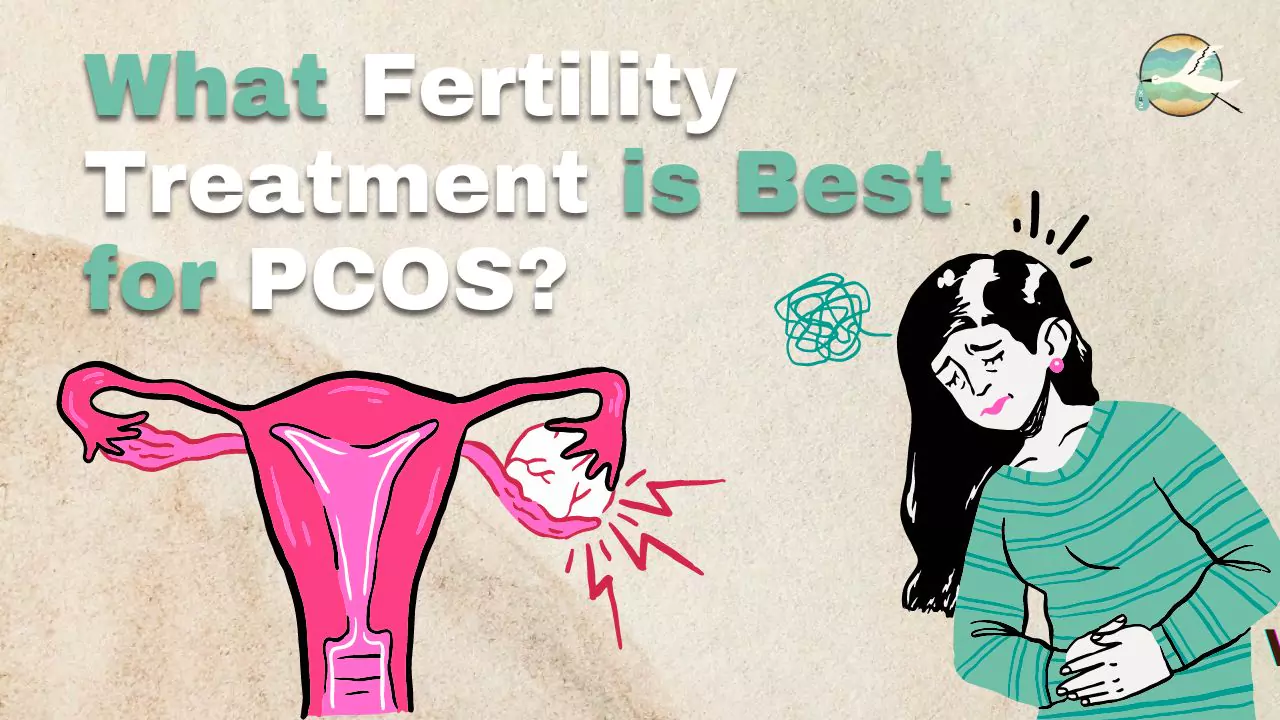
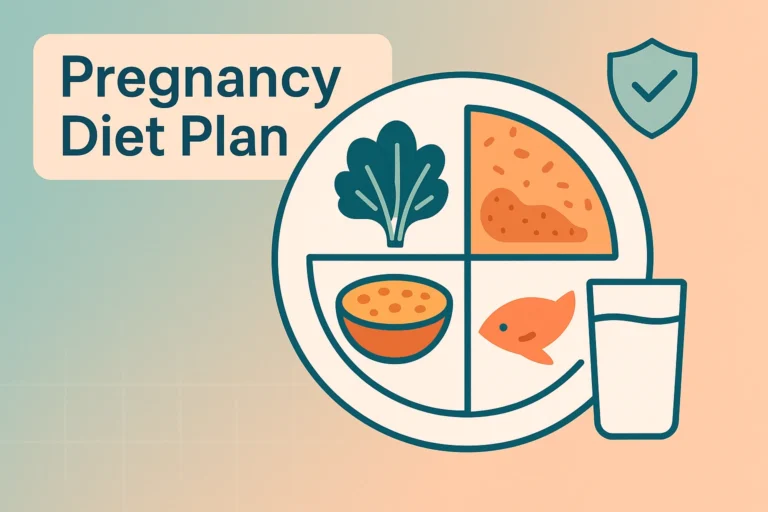
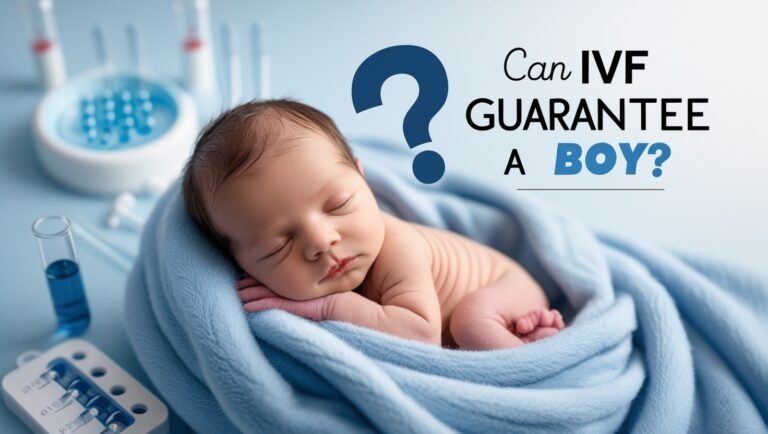

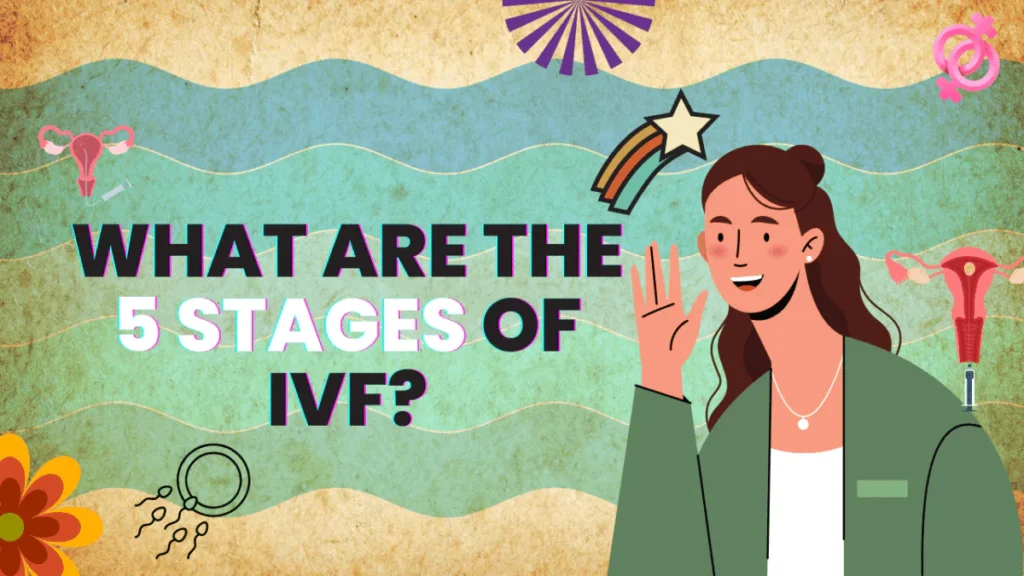

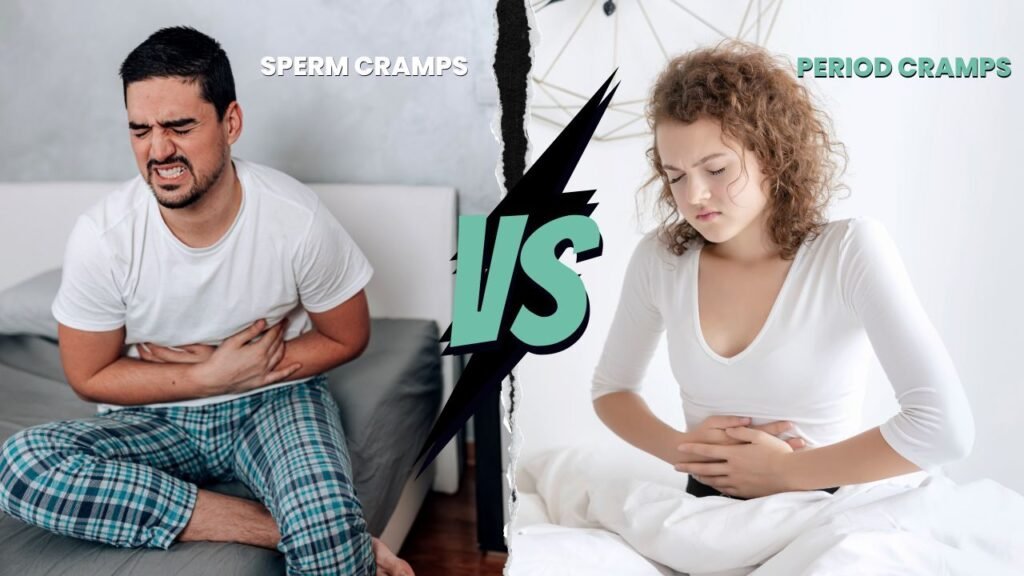
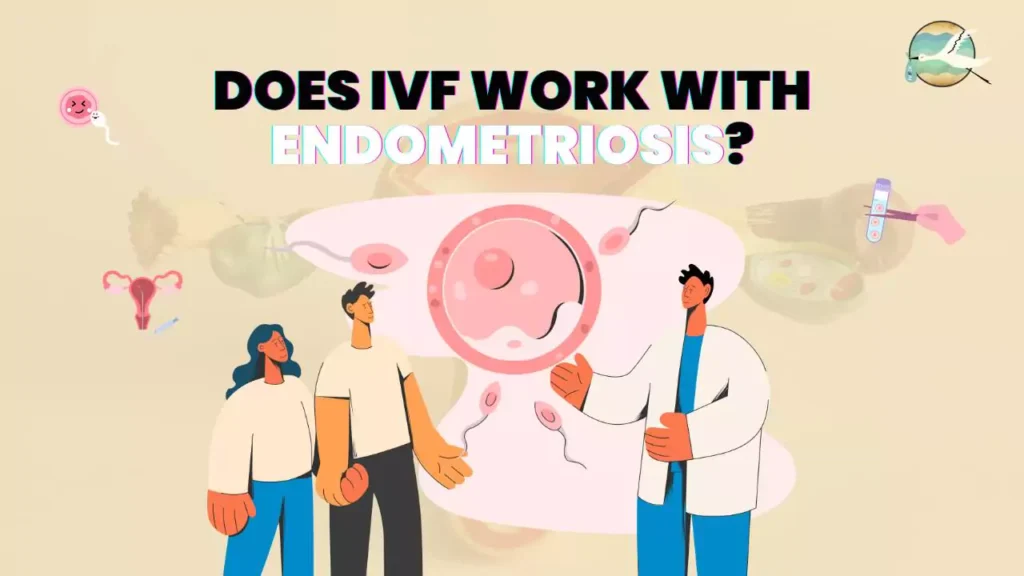
[…] stimulation, a medical procedure, to increase egg production. It can be used to address other fertility issues, like ovulation disorders, in addition to being frequently utilized in assisted reproductive […]